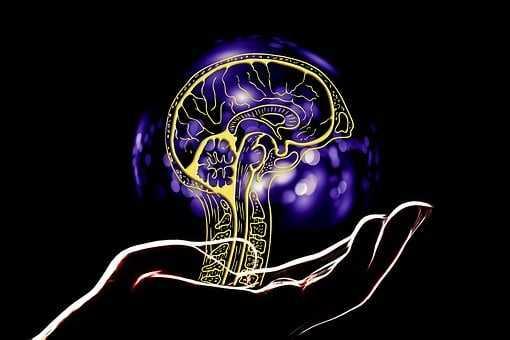The Dark Core of Personality
Curated from: blogs.scientificamerican.com
Ideas, facts & insights covering these topics:
5 ideas
·5.07K reads
7
Explore the World's Best Ideas
Join today and uncover 100+ curated journeys from 50+ topics. Unlock access to our mobile app with extensive features.
"Indifference of the indicator"
Over 100 years ago, Charles Spearman made discoveries about human intelligence. One is that the general factor of intelligence (g-factor) conforms to the principle of the "indifference of the indicator," meaning that regardless of what test of intelligence you use, as long as the intelligence test is difficult and long enough, you can reliably measure a person's intelligence.
A new study suggests the same principle applies to human malignancy. The General Dark Factor of Personality (D-factor) conforms to the principle of "indifference of the indicator."
291
1.3K reads
The dark traits of personality
We all know people who consistently display ethically, morally and socially unreasonable behavior. Personality psychologists refer to these characteristics as "dark traits."
Researchers emphasize that these dark traits are related to each other, so they suggest that a D-factor exists. This is defined as the basic tendency to maximize one's own goal at the expense of others, and believing that one's malicious behaviors are justified.
295
1.04K reads
Scoring high on the Dark factor
- Those who score high on the D-factor aren't always uncooperative, as they can be very strategic in choosing when to cooperate.
- Those scoring high on the D-factor will not be motivated to help others in need without it benefiting themselves.
279
938 reads
Traits of the Dark factor
- Egoism. Excessive concern with one's own advantage at the expense of the wellbeing of others.
- Machiavellianism. A callous person that's so focused on their own interests that they will manipulate and deceive to get what they want.
- Moral Disengagement. Behaving as if ethical standards don't apply to oneself.
- Narcissism. All-consuming desire for ego reinforcement.
- Psychological Entitlement. Thinking that one is entitled to more than others are.
- Psychopathy. Display a lack of self-control, is callous, and impulsive.
- Sadism. Intentionally causing physical, sexual, or psychological pain on others to assert dominance or for enjoyment.
- Self-interest. Chasing after socially valued domains, including material goods, social status, recognition, academic or occupational achievement.
- Spitefulness. Doing something that will harm others even though it means harm to oneself. It could be social, financial, physical, or an inconvenience.
363
896 reads
Your Dark Core Score
The more you agree with multiple items on this scale, the higher the likelihood you would score high on the D-factor. If you are strong on just one item, you probably will not score high on the D-factor:
- It is hard to get ahead without cutting corners here and there.
- I like to use clever manipulation to get my way.
- People who get mistreated have usually done something to bring it on themselves.
- I know that I am special because everyone keeps telling me so.
- I honestly feel I deserve more than others.
- I'll say anything to get what I want.
- Hurting people would be exciting.
- I try to make sure others know about my successes.
- It is sometimes worth a little suffering on my part to see others receive the punishment they deserve.
299
892 reads
IDEAS CURATED BY
Asiya R's ideas are part of this journey:
Learn more about personaldevelopment with this collection
How to use storytelling to connect with others
The psychology behind storytelling
How to craft compelling stories
Related collections
Similar ideas
5 ideas
The Light Triad vs. Dark Triad of Personality
blogs.scientificamerican.com
2 ideas
Which Characteristics Do Aversive People Have in Common?
psychologytoday.com
7 ideas
Are You Yoda or Darth Vader?
nautil.us
Read & Learn
20x Faster
without
deepstash
with
deepstash
with
deepstash
Personalized microlearning
—
100+ Learning Journeys
—
Access to 200,000+ ideas
—
Access to the mobile app
—
Unlimited idea saving
—
—
Unlimited history
—
—
Unlimited listening to ideas
—
—
Downloading & offline access
—
—
Supercharge your mind with one idea per day
Enter your email and spend 1 minute every day to learn something new.
I agree to receive email updates


